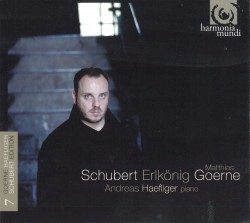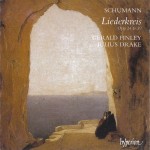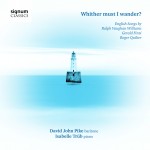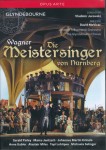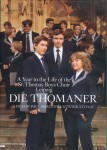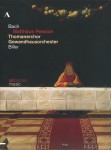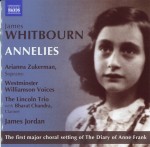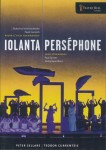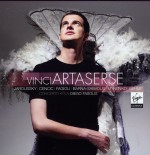Wagner - Die Walküre
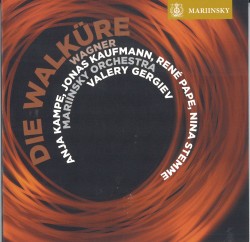 Wagner - Die Walküre
Wagner - Die Walküre
Anja Kampe; Jonas Kaufmann, René Pape; Nina Stemme; Mariinsky Orchestra; Valery Gergiev
Mariinsky MAR0527
This year marks Wagner’s 200th birthday and the festivities and celebrations are well under way. During the last decade with many opera houses generating innovative new concepts for Der Ring des Nibelungen the cycle has come to new life and become justly or unjustly Wagner’s most popular work. With a wealth of video releases available today, it is refreshing to concentrate on what’s most important, the music performed by a great conductor trying his hands on it for the first time.
Although I presume Gergiev has performed the entire cycle in St. Petersburg, I am only aware of this CD set of Die Walküre, the second drama or the First Day of the Ring, as having been recorded. No matter, because it is the most engaging, most immediately appealing, most melodic and heartbreaking drama of the four. Act I is almost a complete opera in itself. Starting with a raging storm and emerging from utter darkness, the very depth of human misery with desperate cries for help, it turns very gradually into faint glimmerings of hope, then a ray of light followed by the burst into spring, and by this time Gergiev whips his orchestra into waves and waves of such ecstasy that one is reminded of the miracles Furtwängler used to produce. Act II is the turning point of the Ring saga. Although it is very long and could get tedious with its lengthy dialogues and monologues Gergiev never lets the tension sag. The ominous, frightening minutes prior to the crucial fight is so ridden with anxiety that an electric charge can be felt in the air. What follows in Act III is a rousing Ride of the Walkyries in sonic splendour and a most heartrending Wotan’s Farewell sung by probably today’s greatest, most intelligent and powerful Wotan, René Pape.
Further glories of this set are Swedish soprano, Nina Stemme’s wonderful Brunnhilde, Jonas Kaufmann’s strong yet vulnerable and tender Siegmund and his sister/bride Sieglinde, beautifully portrayed and sung by the accomplished Wagnerian soprano Anja Kampe. The superlative cast includes the awesome basso profundo, Mikhail Petrenko, who creates vociferous terror as Hunding.


